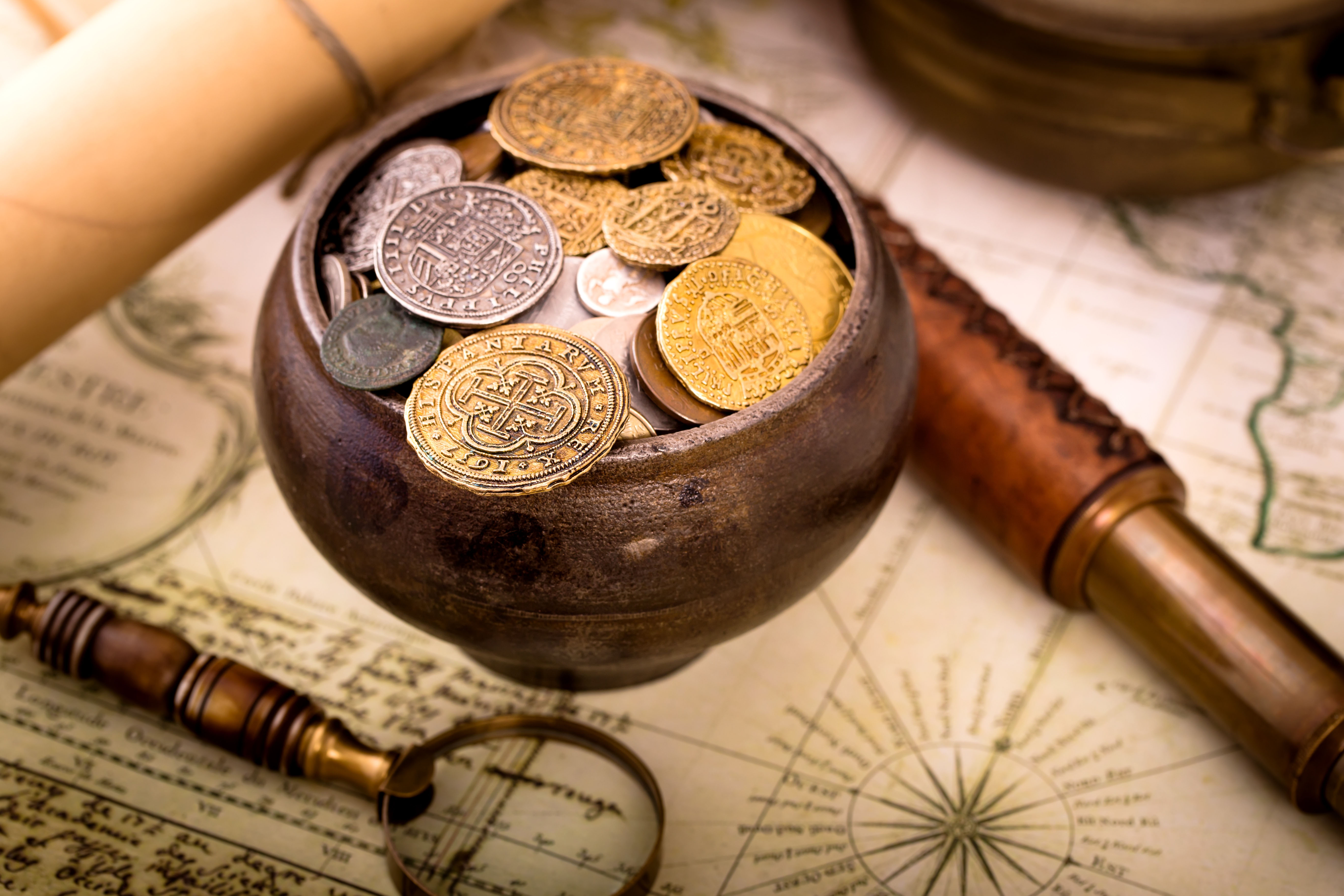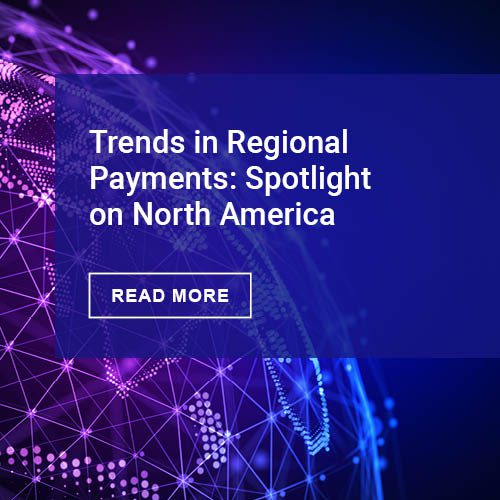Mobile World Congress in Barcelona this week has had little earthshaking news. It’s incremental stuff but hardly trivial. The announcements affirm Mercator’s view that this is the year of NFC’s global launch. Almost every new phone that’s been announced at the show includes an NFC chipset for payments, couponing, advertising, and a range of other possible applications.
It’s been said that Google is an advertising company with tech company stock valuations. And it’s no secret that Google made Android free to device manufacturers as a way to extend that advertising model to the mobile network edge. What is interesting about this particular news item is how Google sees the rollout of NFC, its potential for Google’s advertising customers.
With Schmidt’s remarks, it looks like Google wants to participate in the payment transaction flow as well. Apple appears to want that as well. Isis, the mobile operator joint venture, also wants to be a major new payment network brand. So, in this land of new entrants into payments, Google is not going to be alone. Given its minimal success with Google Checkout, the company is going to have to do a much better job focusing on payments. The fact that the Android Market (the Google app distribution facility) does not have a strong payments capability after two years of existence suggests Google is still well behind the curve. It’s definitely behind Apple’s curated iTunes world with 160 million cards on file. Time for Google to get going in payments or risk being left behind.
According to the NYT report, Google continues to grapple with a number of challenges that accompany deploying new technologies like NFC. Google hopes, for example, to avoid spending large quantities of cash and ample amounts of time training an army of local salespeople who would gain insight into consumer spending habits in designated markets.
“NFC has been around for a long time but everything has just started to come together,” said Schmidt, who remains confident that Google will successfully leverage the opportunities born of NFC despite current obstacles.
Click here to read the article.












